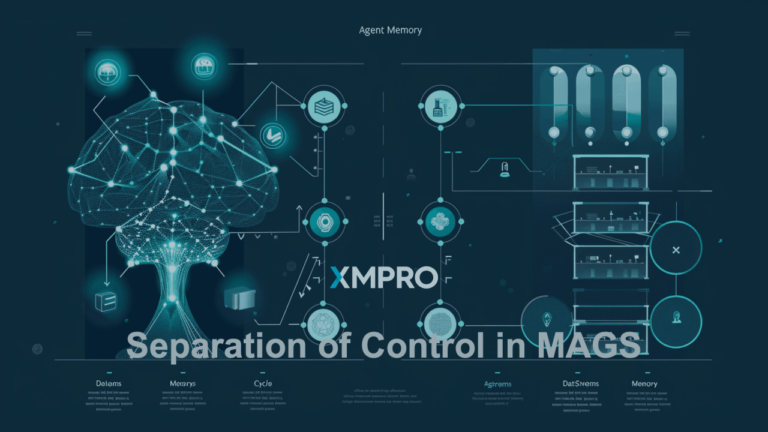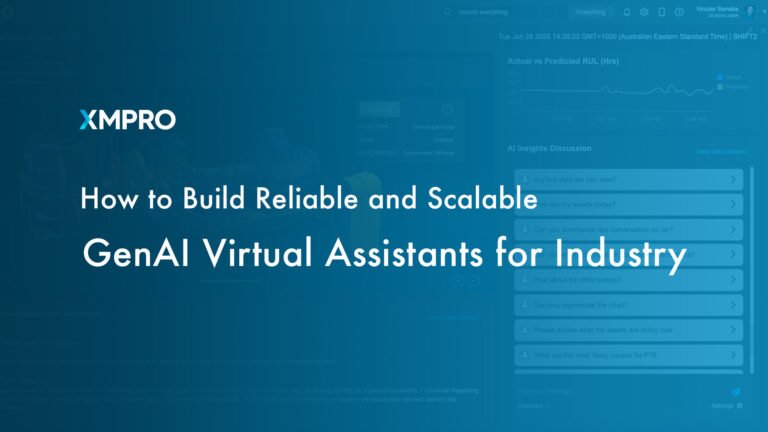In XMPro’s V4.1.13 release, we’ve added new features that make it easier than ever to create a real-time common operating picture of your business.
For the full summary of this release, please see our release notes.
App Designer
Azure Digital Twin Hierarchy Block
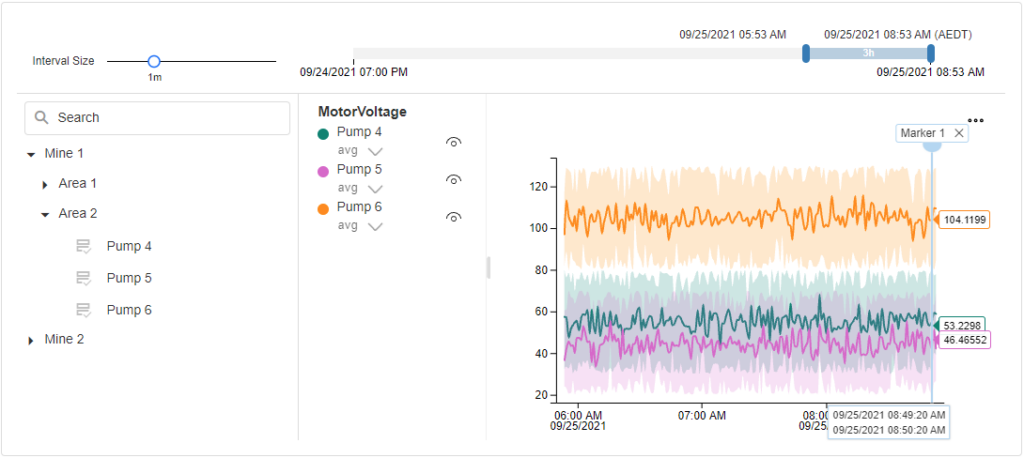
This new block in the XMPro App Designer toolbox allows you to connect your asset hierarchy in Azure Digital Twins to your time series data in Azure Data Explorer (all without coding).
You can now visually navigate your asset hierarchy across regions, plants and sites and compare parameters across different assets.
Image Map Block

The updated Image Map block allows you to overlay dynamic and static content onto a background image. You can add indicators that change color onto assets in your plant, show text values that update with live sensor data and move markers based on x and y coordinates in a database.
The new version of this block maintains the aspect ratio for both the background image and overlay content, making it much simpler to create a design that works on different screen sizes.
Unity Block
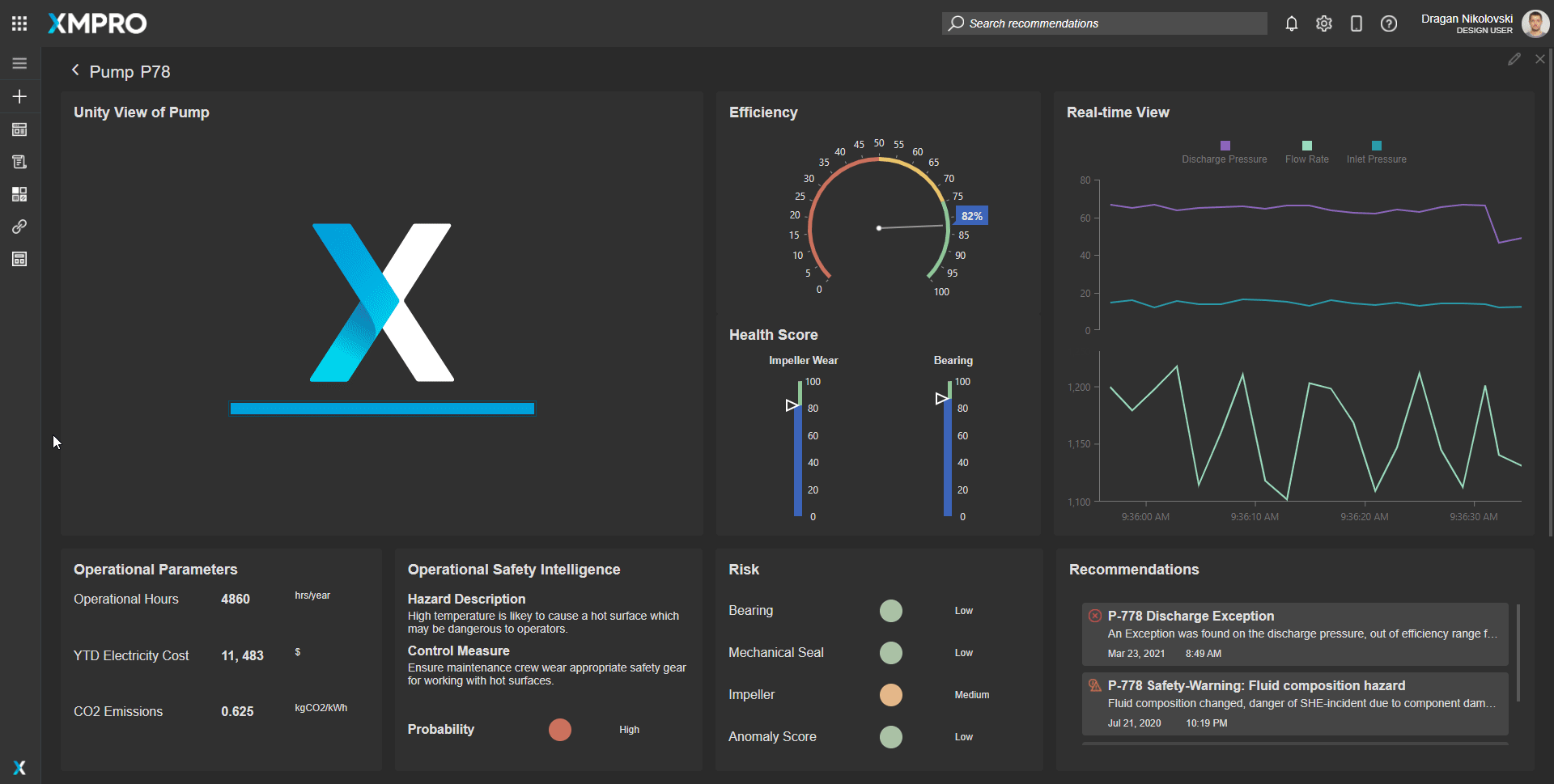
Take advantage of the Unity platform and performance improvements with the new Unity block that supports Unity 2020 and above.
The legacy Unity block is still available for use in your existing applications.
Connector Logs
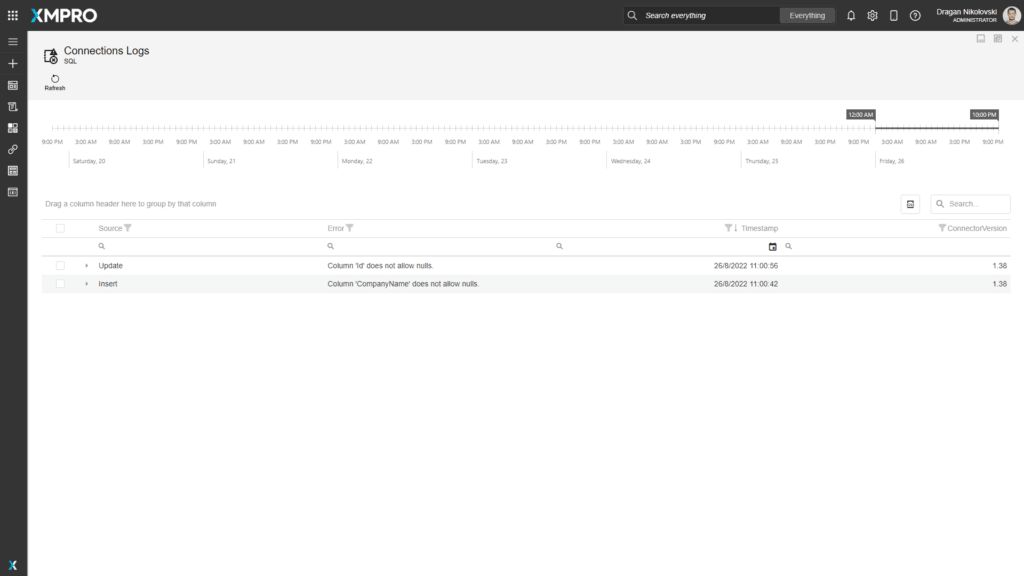
Spend less time troubleshooting in the XMPro App Designer with the new Connector Logs feature. Whether you’re an App composer, the developer writing a new Connector, or an Administrator, you can now easily view messages generated by a Connector.
Data Stream Designer
‘Started On’ Stream Metric
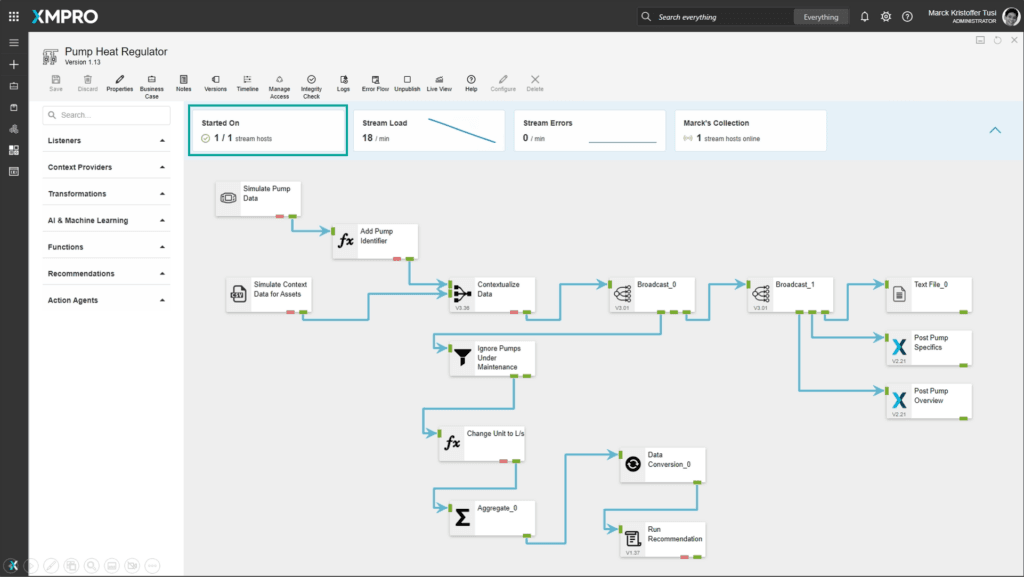
Subscription Manager
Sync Business Roles to Azure Active Directory
We’re continuously working to simplify access management for our users. If you’re using Azure AD as your External Identity Provider, you can now manage your XMPro business roles from within Azure AD as well.
You can set this up by specifying a claim name that Azure AD or the graph API will pass to the XMPro Subscription Manager. When a user logs in, Subscription Manager will look at the value specified in the Azure AD claim and assign them to the XMPro Business Role with the same name.












